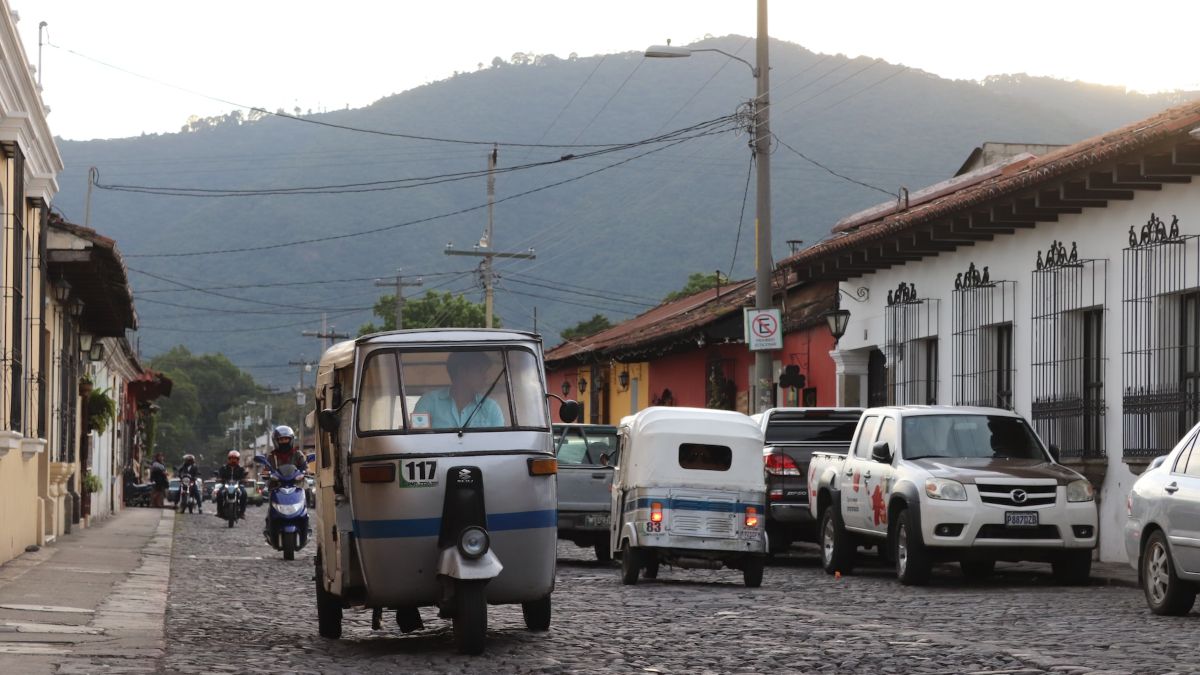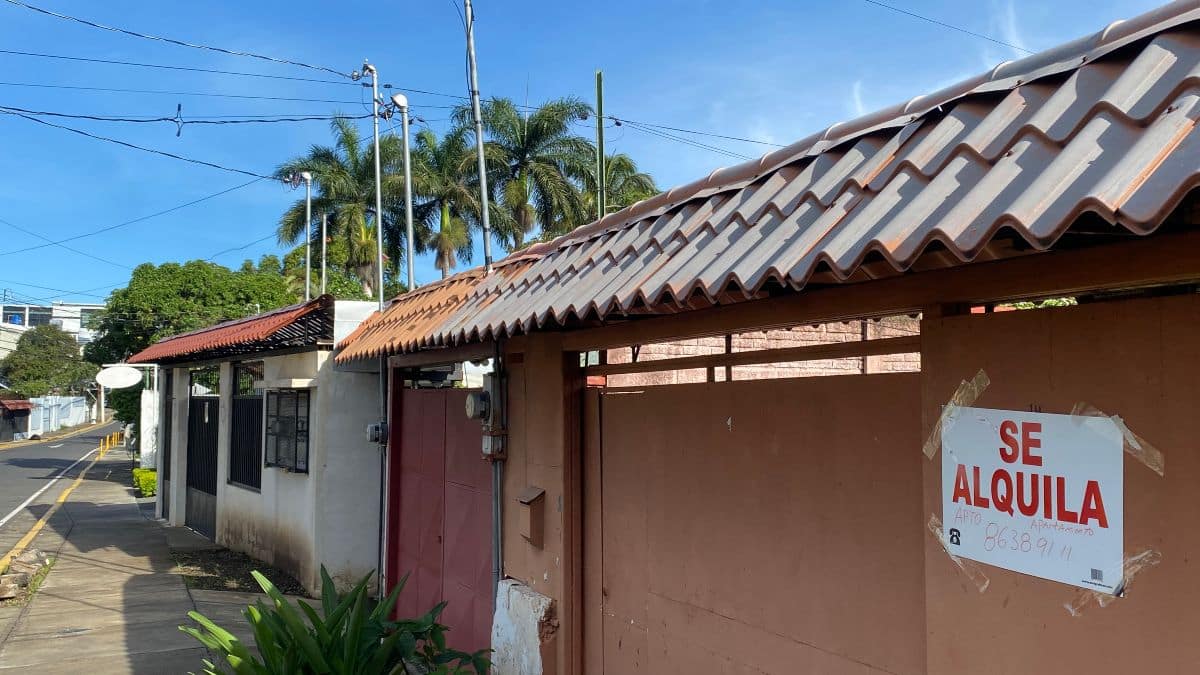The state of healthcare in Guatemala is a major concern for many expats. But with preparation, figuring out what’s best for you should make things simple.
When moving to a new country, healthcare is one of the most important issues to consider. Nobody wants to get sick and not know what to do or where to go. That’s why it’s great to have options in case of emergencies, and knowing the facts about healthcare in your new country is a must.
Public Healthcare System in Guatemala
The public healthcare system in Guatemala is notably underperforming. Numerous reports highlight the inefficiency of public healthcare in Guatemala. Put bluntly, it’s bad. Despite medical attention being free, the government does not guarantee quality. Public hospitals often lack equipment, staff, and basic medications, making private healthcare coverage essential for access to the best hospitals. After navigating the politics of getting to a doctor in the first place, public hospitals lack equipment, staff, and basic medications.
So, again, having private health care coverage giving you access to the best hospitals is key. That way, you can access some top-end, US-style clinics providing the full range of services from general health to addiction counseling, and more.
Planning a move to Central America? Ensure access to top-notch healthcare for you and your family with our guide to the best hospitals in the region.https://t.co/MJee4wYE0C
— Central America Living (@VidaAmerica) May 23, 2023
Key Considerations for Healthcare in Guatemala
Here are three essential aspects to keep in mind when considering healthcare in Guatemala:
1. Coverage
Healthcare coverage varies significantly between providers and countries. Reviewing your existing health insurance policy is crucial. Most private health insurance plans offer coverage outside your home country, though your current policy may not include overseas coverage. Investigate the additional cost for international coverage.
Several expat medical insurance plans start at around $50 a month for basic coverage. Premiums can increase with pre-existing conditions. Additionally, ensure the availability of prescription medication you need in Guatemala. Stocking up in advance with a three-month supply is advisable while sorting out local prescriptions.
Switching doctors can also be a challenge. While finding a good doctor is easy, finding one who speaks English can be difficult. Many healthcare professionals speak some English, making occasional checkups manageable, but regular or complex treatments might be challenging. Most expats schedule visits with their regular doctor when traveling back home.
2. Cost of Healthcare in Guatemala
Despite the public healthcare system’s shortcomings, most large private hospitals in Guatemala are reputable (note the word private). However, their prices reflect their quality, and emergency treatments paid out-of-pocket can be costly, potentially amounting to thousands of dollars. For those not wealthy enough to disregard health insurance, this expense can disrupt any budget.
Research specific private hospitals in Guatemala. Check which hospitals are included in your overseas insurance coverage, as different insurance companies work with different hospitals, some excelling in particular procedures.
Reputable hospitals in Guatemala have English-speaking staff and can handle emergencies. Most treatments are not problematic, but it’s prudent to confirm that hospitals can address any pre-existing conditions you may have.
3. Quality of Guatemala Healthcare
Quality of healthcare is a primary concern for expats. Private healthcare is the recommended route in Guatemala due to the public system’s inadequacies. With proper insurance, private healthcare should meet your needs, whether they range from addiction counseling .
Research and preparation are key. Many larger private hospitals in Guatemala are members of international medical associations, which can offer reassurance about their standards. Knowing your options and preparing in advance can save time and potentially your life during emergencies.
Planning a trip to Central America? Check out our comprehensive guide on travel safety tips. From pre-arrival prep to emergency numbers, digital safety, and more, stay safe and enjoy your adventure! https://t.co/4aNflcLJ5F #TravelSafetyTips #TravelSafe
— Central America Living (@VidaAmerica) June 27, 2024
Managing Healthcare Challenges
If you don’t trust the healthcare in Guatemala or struggle to get coverage, switching doctors, pharmacists, and hospitals can be arduous, especially with a pre-existing condition. Many expats prefer scheduling regular trips back home for prescriptions, check-ups, and doctor visits, incorporating this into their routine life in Guatemala.
However, always have a plan for emergencies. While some emergencies may allow enough time to travel home, others won’t. Researching hospitals and visiting doctors in advance can provide peace of mind, though you may need to cover some expenses yourself.
Understanding any medical conditions you have ensures you are prepared for any surprises. This proactive approach helps you navigate Guatemala’s healthcare system effectively, ensuring you receive the care you need when you need it.
By keeping these key points in mind, you can confidently manage your healthcare in Guatemala, making your expat experience smoother and more secure.
Top Hospitals in Guatemala:
- Centro Médico de Guatemala (Zona 10, Guatemala City): With a focus on patient care and advanced technology, Centro Médico provides comprehensive healthcare solutions. The center houses various medical specialties and is known for its commitment to quality and accessibility.
- Hospital Herrera Llerandi (Zona 10, Guatemala City): Known for its comprehensive medical services and advanced technology, Herrera Llerandi offers a wide range of specialties. With a strong commitment to patient care, it has established itself as a trusted provider of healthcare in the region.
- Hospital El Pilar (Zona 15, Guatemala City): Affiliated with the Canadian Healthcare Council, El Pilar offers a wide range of medical services, including pediatrics, intensive care, oncology, and cardiology.
Source: Webometrics Ranking of World Hospitals
Nestor Quixtan is a Canadian/Guatemalan economist, linguist, and writer. He lives in Guatemala City.




